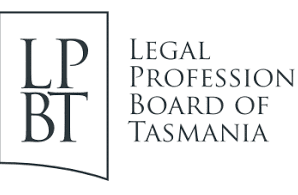The Tasmanian Supreme Court has recommended that an ACT solicitor be removed from the roll after it heard that he told his client he had commenced proceedings on her behalf in 2012, but did not do so until 2017. To cover up his deceit, the solicitor lied about the tribunal procedures, opposing lawyers and fabricated documents.
The Legal Profession Board of Tasmania alleged an “ongoing and systemic course of dishonest conduct” against solicitor William Lester over his decision to mislead a client about her workers’ compensation matter for five years, complete with false information about hearing dates and fabricated documents to support his dishonesty.
A detailed analysis of the workers’ compensation case from a legal practitioner with considerable experience found that had Mr Lester taken the appropriate steps when he said he did in 2012, the matter would have been resolved by early 2015 at the latest. Instead, the client did not receive a resolution until July 2019 and, by the time she learnt of the deceit in October 2017, “little if anything” had been done by him.
From as early as April 2012, the Supreme Court heard there was documentary evidence of communications from Mr Lester that implied the proceedings in the tribunal had been commenced. He then blamed the “lack of progress on the case” on the tribunal and its procedures and, from time to time, shifted the blame by telling his client that it was the fault of her former employer, its insurers or its lawyers.
The Honourable Justice Michael Brett said the false blame on the tribunal brought it and its processes into disrepute. Justice Brett said it was “very concerning” that an officer of the court would willingly impugn the good reputation of the tribunal in order to get away with his dishonesty “for his own deceit and selfish reasons”.
“The respondent also unfairly and dishonestly placed blame for delay on the lawyers representing the workers’ compensation insurer, and by implication their client. Those lawyers received no communication whatsoever from the respondent between [the initial hearing] and the filing of the reference in January 2017,” Justice Brett said, adding this too was something he regarded as a “serious aspect of the dishonesty”.




